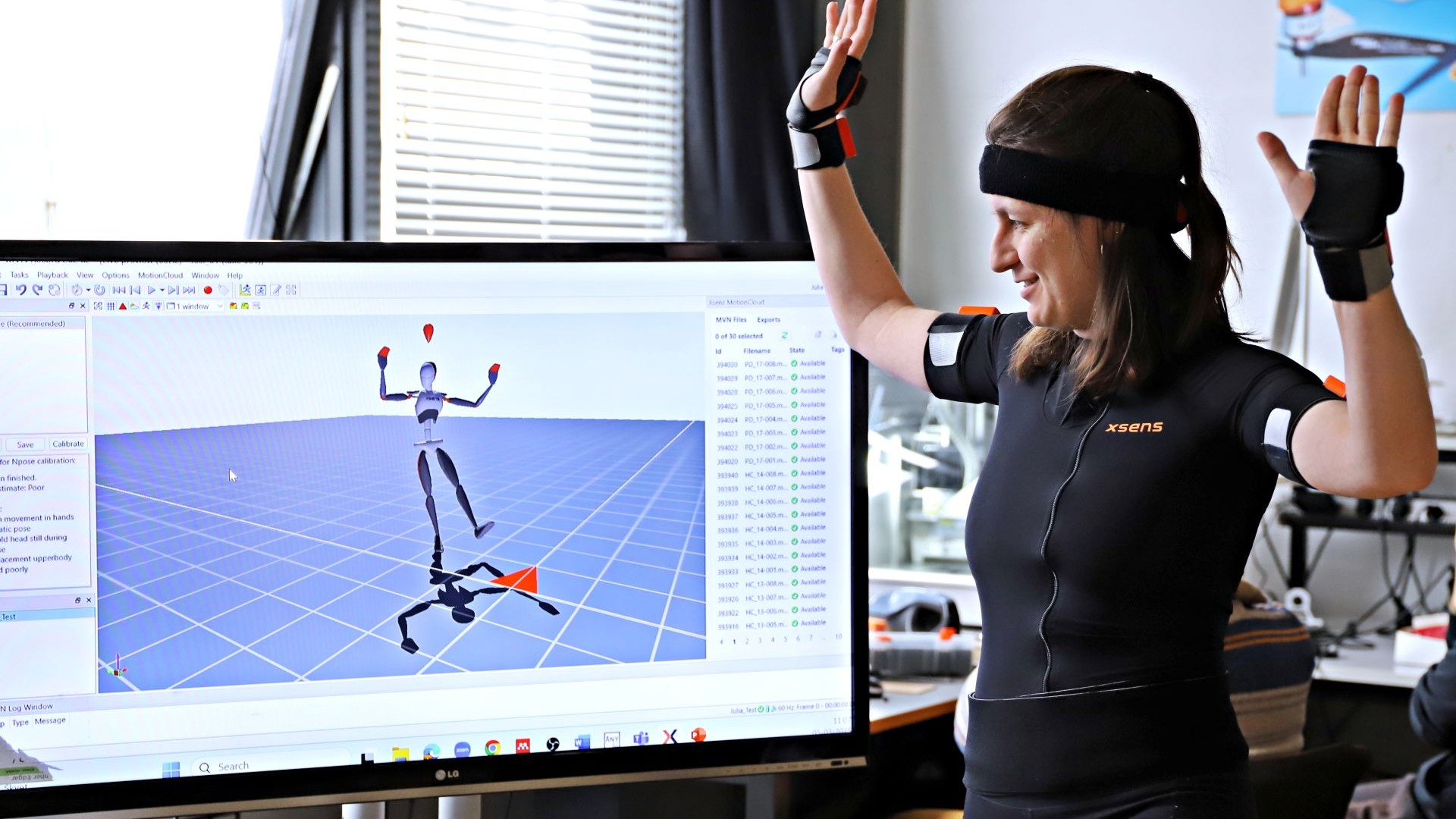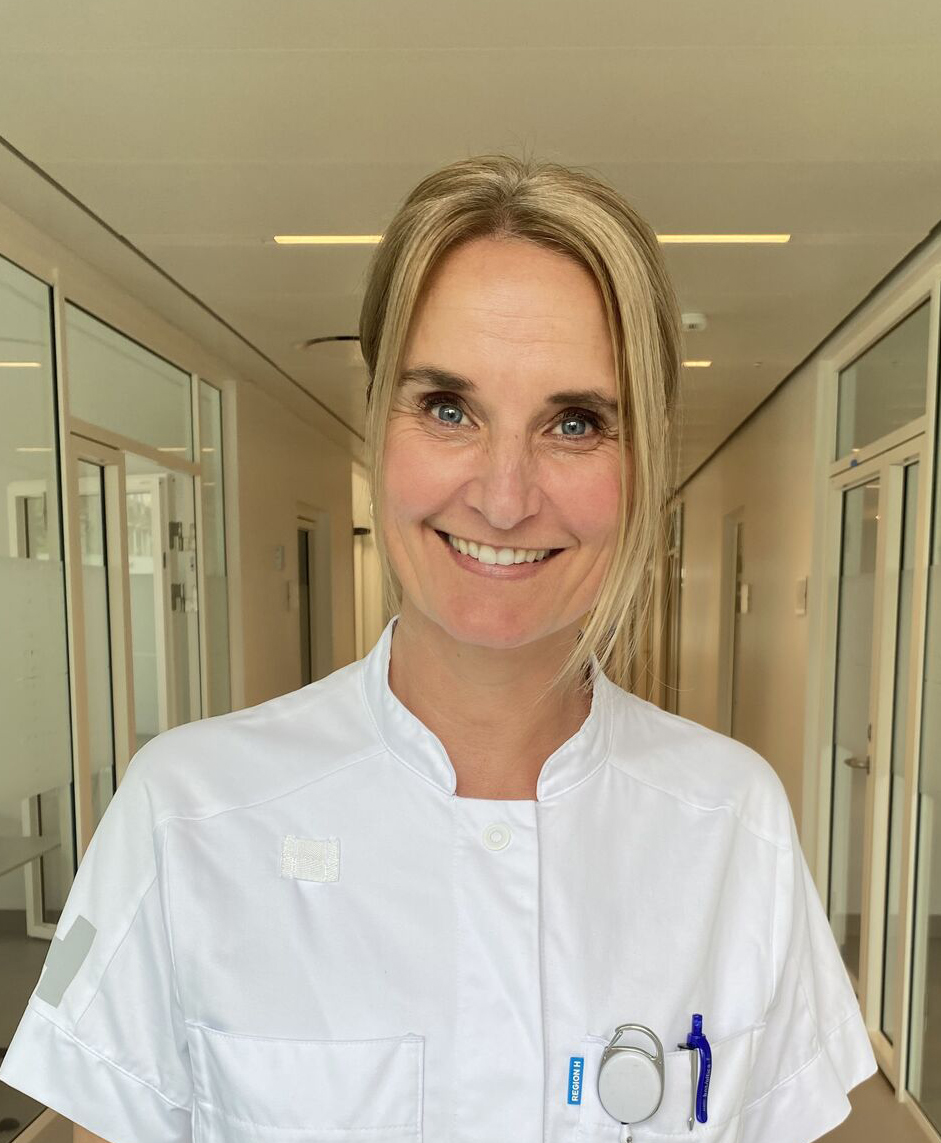Algorithms support early diagnosis of Parkinson’s
More people are diagnosed with Parkinson’s – according to the WHO, twice as many people have the disease today compared to 25 years ago.
By Kyv Grøn and Majken Lerche Møller

Associate Professor Silvia Tolu and her PhD student Júlia Rey Vilches are collaborating with Assistant Professor Trine Hørmann Thomsen from Rigshospitalet on a new digital tool to measure and analyse symptoms in patients with Parkinson’s.
The technology can identify signs of Parkinson’s earlier than the typical methods used today. The research group is developing a new protocol for collecting data on patients’ motor movements via non-invasive monitoring, which—combined with a series of algorithms—can detect early signs of Parkinson’s.
There is currently no cure for this debilitating disease, making early diagnosis even more crucial to enable treatment to be initiated as soon as possible to delay symptoms and provide patients with greater independence and improved quality of life during their disease progression.
Unfortunately, Parkinson’s is often diagnosed late or misdiagnosed, partly due to the disease’s clinical and subjective nature, meaning patients may miss out on optimal treatment.
Today, doctors often use CT or MRI scans of the brain to diagnose Parkinson’s. In the future, the research group hopes to eliminate the need for such scans—which often involve long waiting times—through their new technology.
The technology can support diagnostic decisions without requiring multiple types of scans and potentially lead to more precise and accurate diagnoses.
To date, the researchers have conducted a proof-of-concept study with 30 Parkinson’s patients and 30 healthy controls to compare the two groups and thereby support the development of the algorithm.
Contact:
Silvia Tolu Associate Professor Department of Electrical and Photonics Engineering stolu@dtu.dk

Trine Hørmann Thomsen Assistant Professor Rigshospitalet, Department of Brain and Spinal Cord Injuries trine.hoermann.thomsen@regionh.dk
